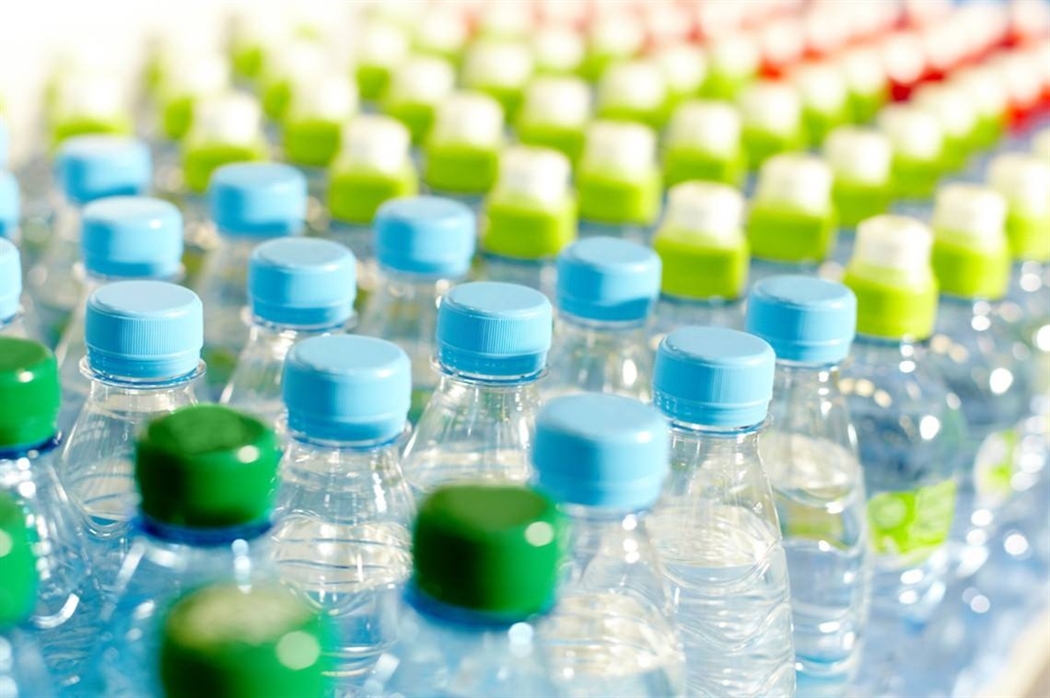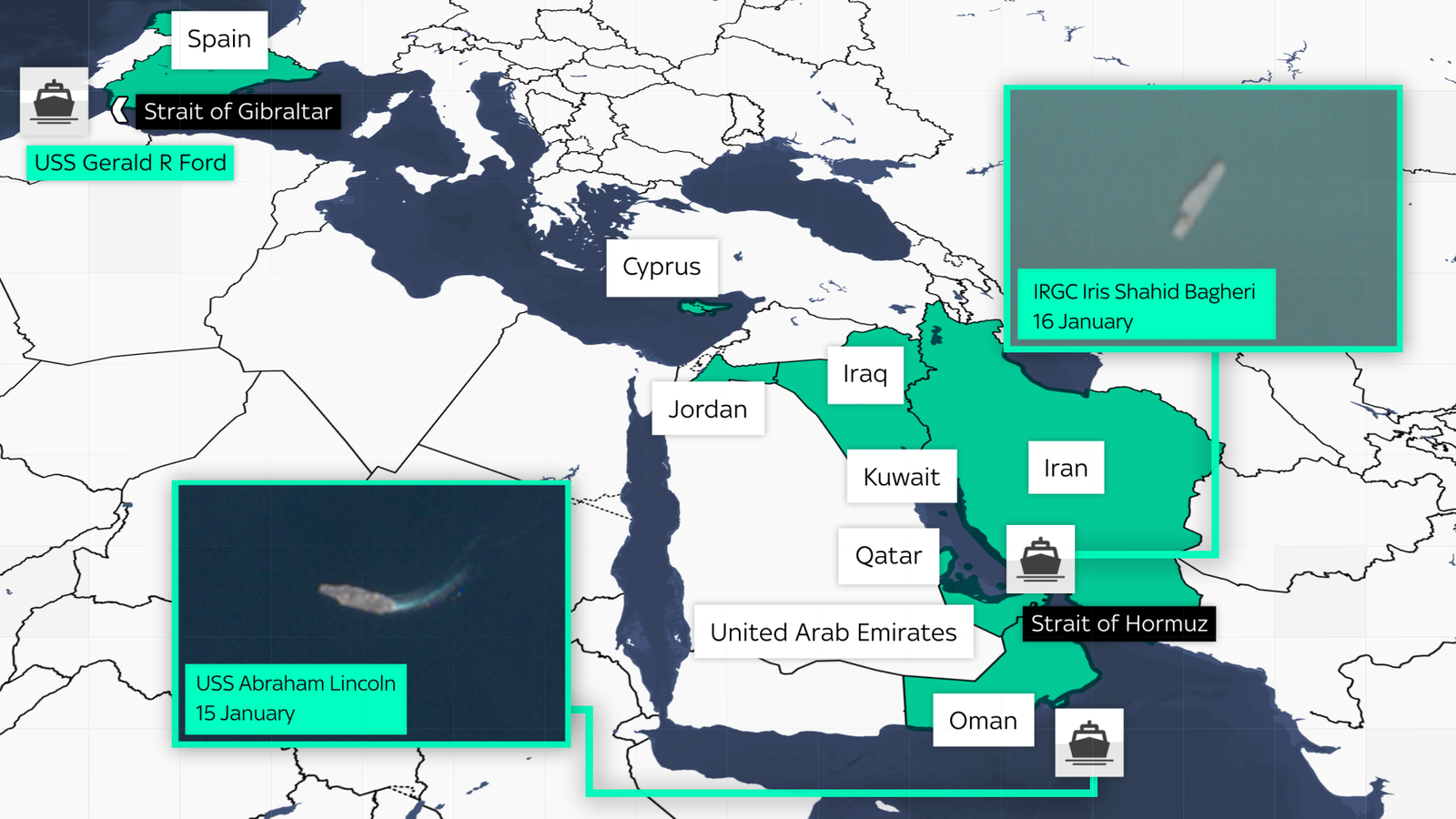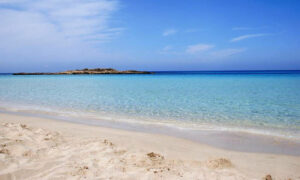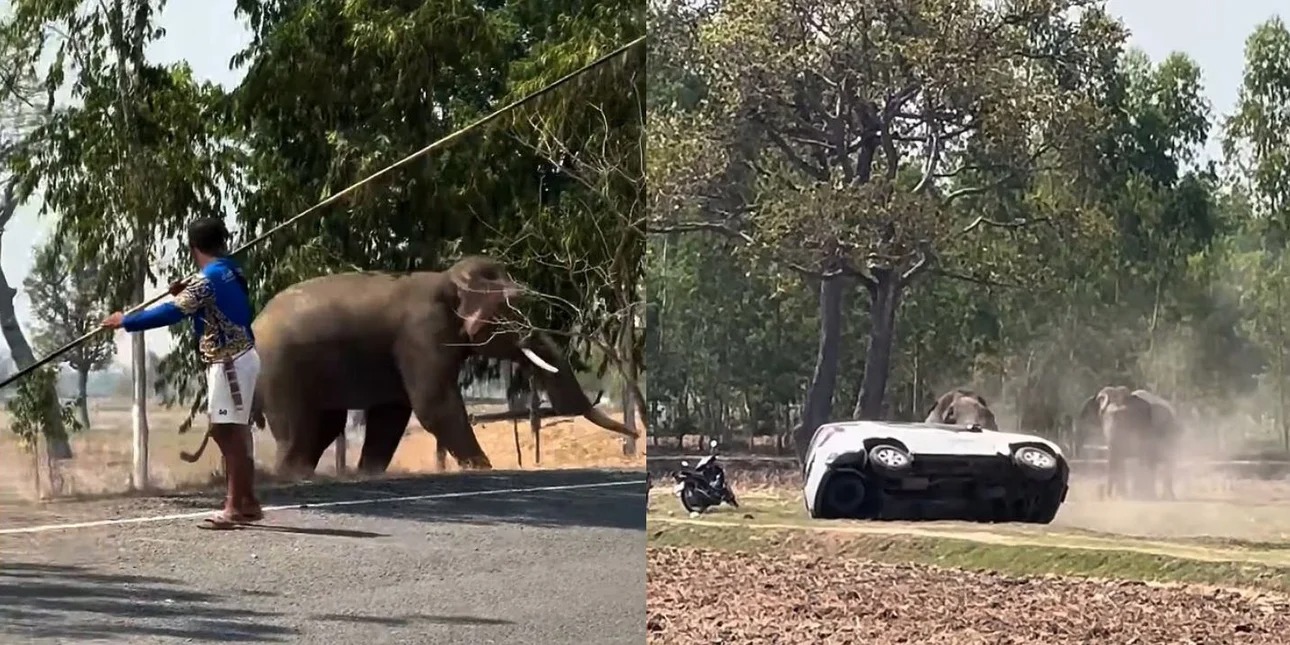MEPs members of the EP’s Environment Committee will on Wednesday discuss new rules to reduce plastic in the sea and ban the most commonly found single-use items such as cutlery, plates, plastic cotton buds and straws by 2021.
Before them is a proposed new directive submitted by the European Commission and a report with suggested amendments by rapporteur Frederique Ries. Ries said the ambitious proposal is completely in line with public opinion as 95% of Europeans think action on SUPs is an urgent necessity and proposed extending the directive to include a ban plastic bags with a thickness of less than 15 microns as well as undertakings to reduce plastic cigarette filters.
With the amount of harmful plastic litter in oceans and seas growing ever greater, the European Commission is proposing new EU-wide rules to target the 10 single-use plastic products most often found on Europe’s beaches and seas, as well as lost and abandoned fishing gear.
Together these constitute 70% of all marine litter items. Where alternatives are readily available and affordable, single-use plastic products will be banned. For products without straight-forward alternatives, the focus is on limiting their use through a national reduction in consumption; design and labelling requirements and waste management/clean-up obligations for producers.
The new rules will introduce:
- Plastic ban in certain products: Where alternatives are readily available and affordable, single-use plastic products will be banned from the market. The ban will apply to plastic cotton buds, cutlery, plates, straws, drink stirrers and sticks for balloons which will all have to be made exclusively from more sustainable materials instead. Single-use drinks containers made with plastic will only be allowed on the market if their caps and lids remain attached;
- Consumption reduction targets: Member States will have to reduce the use of plastic food containers and drinks cups. They can do so by setting national reduction targets, making alternative products available at the point of sale, or ensuring that single-use plastic products cannot be provided free of charge;
- Obligations for producers: Producers will help cover the costs of waste management and clean-up, as well as awareness raising measures for food containers, packets and wrappers (such as for crisps and sweets), drinks containers and cups, tobacco products with filters (such as cigarette butts), wet wipes, balloons, and lightweight plastic bags. The industry will also be given incentives to develop less polluting alternatives for these products;
- Collection targets: Member States will be obliged to collect 90% of single-use plastic drinks bottles by 2025, for example through deposit refund schemes;
- Labelling Requirements: Certain products will require a clear and standardised labelling which indicates how waste should be disposed, the negative environmental impact of the product, and the presence of plastics in the products. This will apply to sanitary towels, wet wipes and balloons;
- Awareness-raising measures: Member States will be obliged to raise consumers’ awareness about the negative impact of littering of single-use plastics and fishing gear as well as about the available re-use systems and waste management options for all these products.
For fishing gear, which accounts for 27% of all beach litter, the Commission aims to complete the existing policy framework with producer responsibility schemes for fishing gear containing plastic. Producers of plastic fishing gear will be required to cover the costs of waste collection from port reception facilities and its transport and treatment. They will also cover the costs of awareness-raising measures.
Among her proposals, the rapporteur proposes adding to the list of restricted products in Article 5 plastic bags with a thickness of less than 15 microns which are not covered by Directive (EU) 2015/720 on reducing the consumption of lightweight plastic carrier bags.
She takes the view that, given the rapidly-changing consumer habits in most Member States where plastic bags must now be purchased at the point of sale, a clear signal must be given for a ban on ultra-light plastic bags, apart from those performing a hygiene-related function.
And she said she is also concerned about plastic cigarette filters, which are second on the list of plastic pollutants strewn across Europe’s beaches. She proposes adding a new Article 4(a): ‘Reducing tobacco product waste after consumption’.
This stipulates that, in addition to the enhanced responsibility scheme for tobacco producers, the Member States must set targets for reducing plastic cigarette filters of 50% by 2025 and 80% by 2030.
The Member States should also undertake to set up a cigarette-butt collecting system. And downstream, they should take a leaf out of Italy’s book and introduce fines for smokers who throw their cigarette butts on the ground or in the gutter.
Edited by Bouli Hadjioannou
















